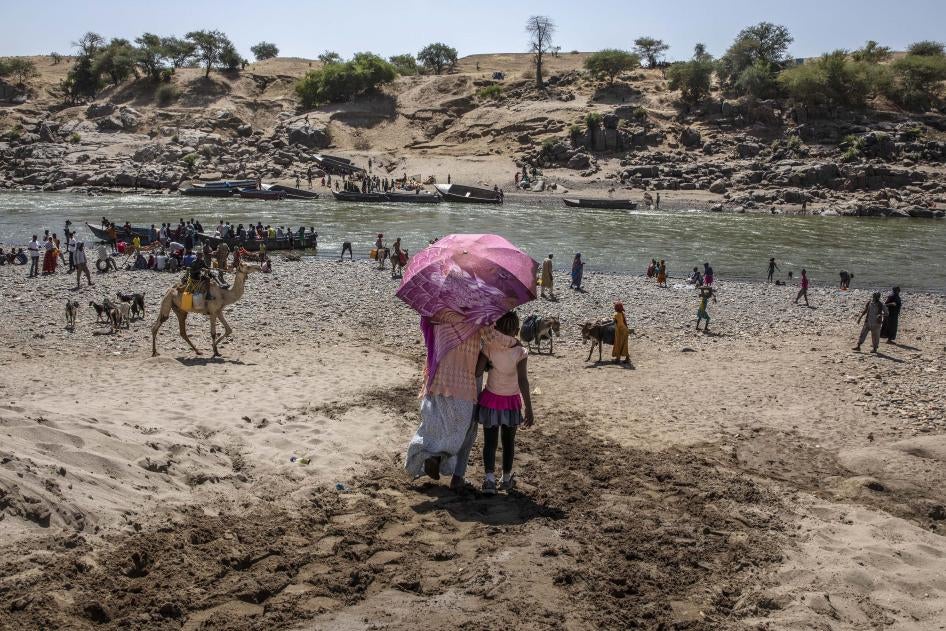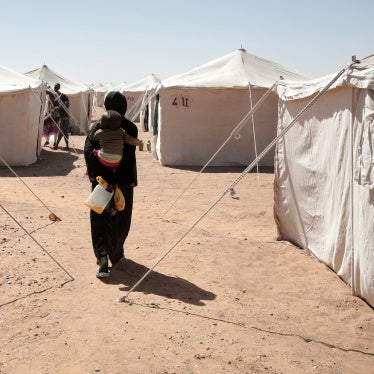Thank you very much Madame President.
As the world endlessly debates how to respond to the devastating conflict in Ethiopia, the conflict has spread, and with it serious abuses by all parties to the conflict.
Yesterday we reported on the latest wave of abuses in western Tigray. Since November, Amhara forces have forcibly expelled thousands of Tigrayans older people, children, and women. Those seen to be of fighting age have been locked up in horrific conditions. Men trying to escape arrest were killed. These are war crimes.
Last week we documented how Tigrayan forces extrajudicially executed dozens of civilians in just two small towns in the Amhara region in September. Those were war crimes.
What has been documented so far is just the tip of the iceberg. Voices of survivors have still not been heard, critical evidence has still not been preserved, and in some cases has been destroyed.
As the UN high commissioner and the Ethiopian human rights commissioner pointed out, the joint investigation report was not comprehensive. For example, it did not cover all areas of Tigray where serious abuses have been reported, including abuses committed by Amhara regional forces and militia against Tigrayans in western Tigray.
Accountability efforts have been inadequate, encouraging abuses.
While efforts to ensure domestic accountability are essential and should continue, the UN high commissioner herself said that domestic accountability efforts to date do not match the scope and breadth of violations; have not been transparent nor addressed issues of command responsibility.
A human tragedy is unfolding before our eyes, in Tigray, in the Amhara region, in Afar, in Oromia.
The Human Rights Council has a crucial role to play and a responsibility towards Ethiopians affected by the ongoing abuses since last year to help deter further atrocities and ensure those responsible are brought to justice.
The establishment of an international mechanism on Ethiopia could not be more timely to undertake further investigations, gather and preserve evidence, lay the foundation for accountability, and importantly spell out recommendations on transitional justice.
The victims and survivors of the atrocities we have reported on, and those that have not yet been documented, deserve this opportunity for accountability and respect for their basic rights.








